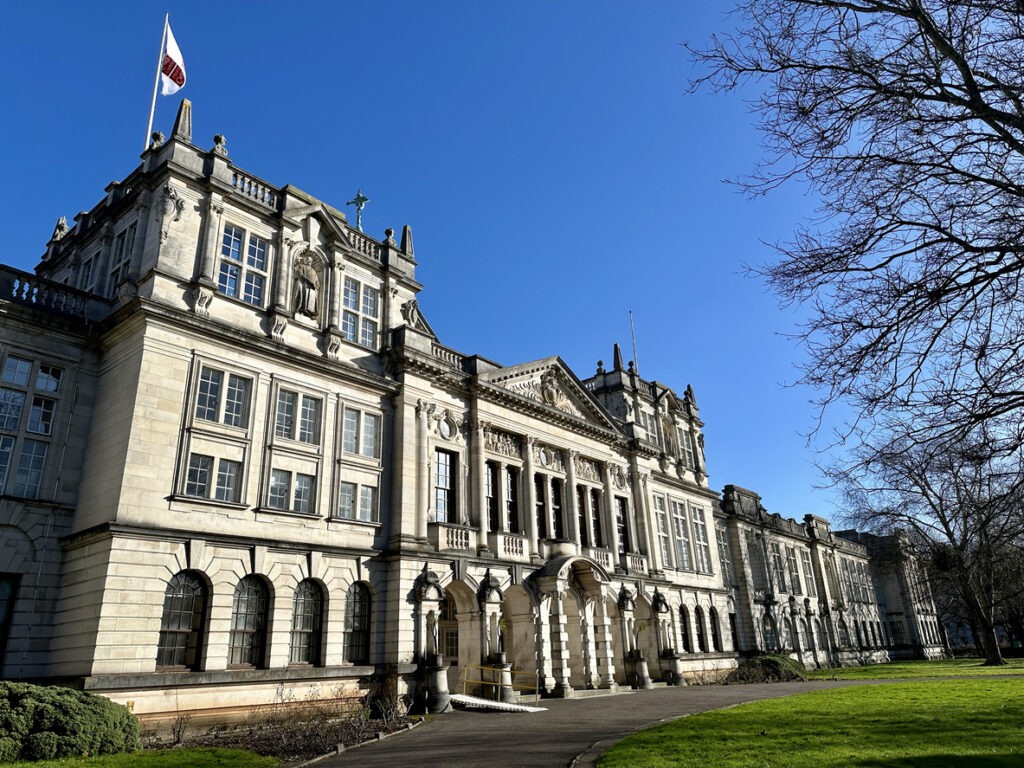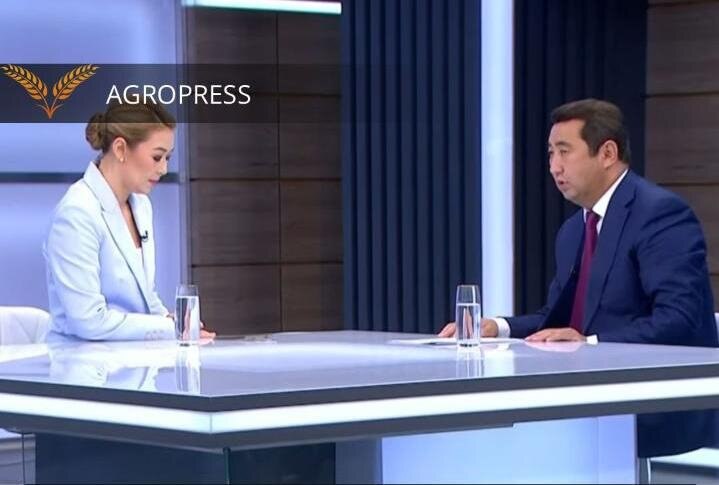BISHKEK (TCA) — It is necessary to reduce the number of universities and improve the quality of education in Kyrgyzstan, deputies of the Kyrgyz Parliament said on December 16 discussing the situation in the country’s education system. The meeting was attended by Vice Prime Minister Cholpon Sultanbekova.
According to MP Elvira Surabaldiyeva, there are no more than two high schools per 1 million of population in the UK while there are 20 universities per 1 million of adults in Kyrgyzstan. It is time to shift from quantity to quality, she concluded.
MP Osmonbek Artykbaev said that Kyrgyzstan’s education system is obsolete and graduates with Kyrgyz university diplomas cannot get employed according to their profession abroad except for some cases.
Vice Prime Minister Sultanbekova said that higher education diplomas issued by universities of Kyrgyzstan are not recognized in other countries, except for diplomas of the Kyrgyz-Russian Slavic University and American University in Central Asia (AUCA). This is a big problem for young professionals.
Problems on the surface
In Kyrgyzstan, all high school graduates tend to go to university, but many of them are imitating studies and working at unskilled jobs, buying the results of examinations and tests for bribes, MP Kojobek Ryspaev said. “Why do we hide our shortcomings? We are talking about Harvard standards but do not want to see problems on the surface. Young people come to Bishkek to study but after graduation from the universities they stay here. No one comes back to their home regions, because there is no ideology in the state,” he said.
Up to one thousand pupils study in secondary schools designed for 100 students. It is necessary first to create conditions for teachers and students and to start with reforming the primary school, and then to talk about higher education, the MP believes.
MPs proposed to strengthen the teaching of English in schools from next year. MP Azamat Arapbaev advised the Education Ministry to study the education system of Finland where school students learn Finnish, Swedish and English, and children are fluent in all the three languages. “Our children know well neither Kyrgyz nor Russian not to mention English,” he said.
MP Janar Akayev agreed. According to the State Migration Service of Kyrgyzstan, various countries allocate a quota for labor at their enterprises with good conditions and high salaries, but the state “cannot fill the quota because our citizens do not speak English. Our schools are training an army of labor migrants,” the MP said.
MP Eugene Strokova believes that neither students nor their parents in Kyrgyzstan understand the principles of the Bologna process in higher education although all universities have fully switched to it two years ago. It is necessary to better inform the population, she said, adding that universities of Kyrgyzstan need accreditation.
The MP also advised to improve the private education sector in the country.
According to the Government, the state budget is socially oriented, and about half of the money goes to education, healthcare and social protection, but MP Aida Salyanova believes that the funds allocated for education have not given effect. If there is no radical reform in education no good results could be achieved, she said.
Foreign students
According to the Kyrgyz Education Ministry, foreigners come to Kyrgyzstan for education due to the low cost of training and favorable conditions for their stay in the country. Currently, more than 11,000 foreign students are studying in Kyrgyzstan.
Each foreign student studying in Kyrgyzstan’s universities pays 100 thousand soms (around $1,500) annually, the Education Ministry said. Students from Kazakhstan and Russia are paying a little less.
In Kyrgyzstan, universities have often increased the contract price for study of foreign students in the middle of an academic year.
MP Surabaldiyeva asked Deputy Prime Minister Sultanbekova to personally control criminal proceedings concerning the frequent change of the contract amount for international students in local universities. According to her, the Financial Police had initiated criminal cases against several heads of universities, but later the cases were terminated. According to the MP, university managers make decisions to raise the contract payments on their own.
The Foreign Ministry has not yet resolved the issue of the sharp increase in the price of student visas in Kyrgyzstan, MP Janar Akayev added. Earlier it cost $30 but now it is $200.









